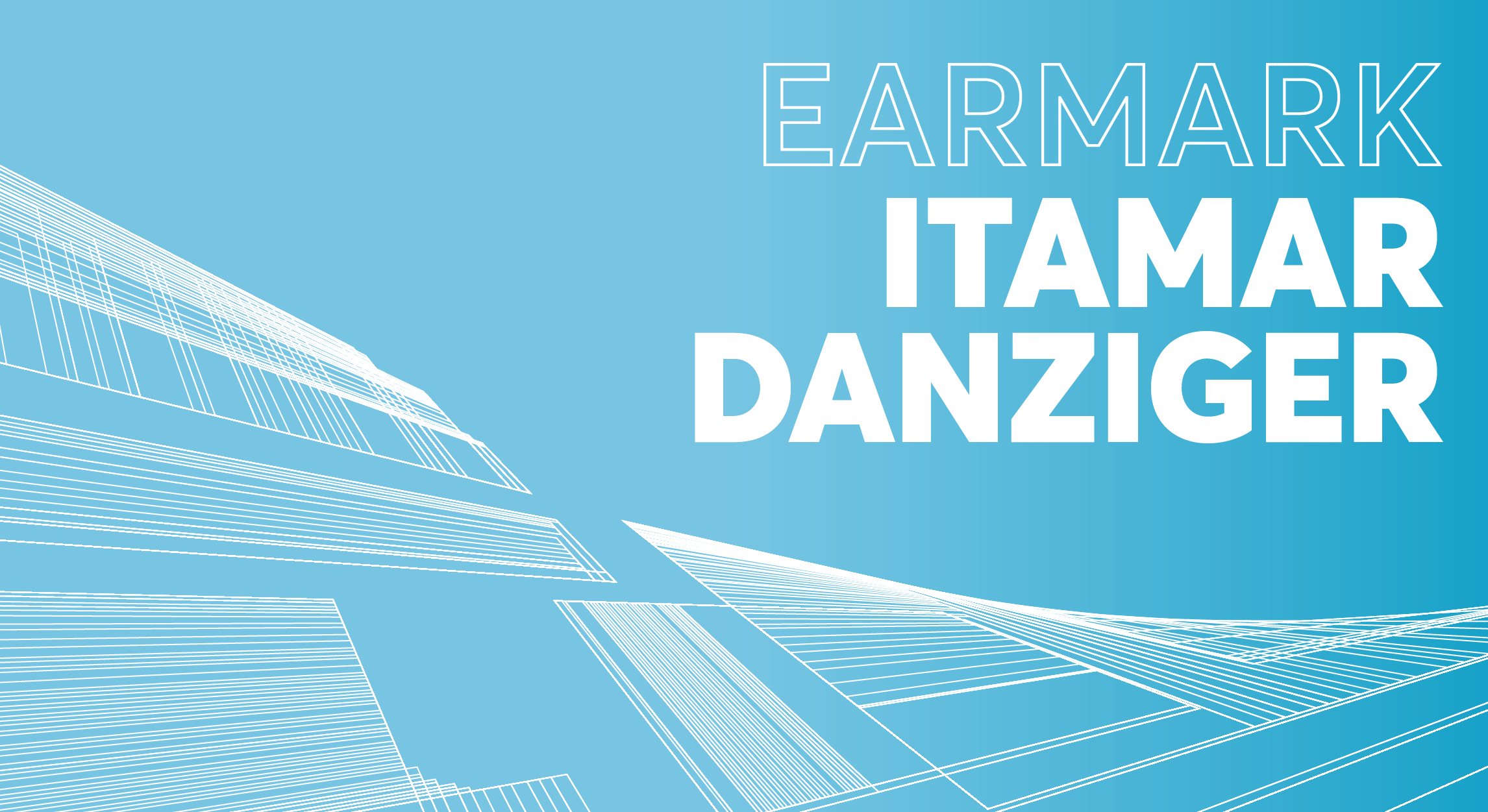In this instalment of Earmark, we speak with Associate Composer Itamar Danziger about the wide world of klezmer, the mesmerizing music of Srul Irving Glick, and getting to the other side of the pandemic a better composer.
CMC: How has the pandemic impacted your artistic work? In what ways are you connecting with and supporting your community and collaborators during this time?
Itamar Danziger: Before the COVID Pandemic, I was heavily involved in my local community band scene. I play, as well as write for several of them. Understandably, rehearsals and concerts are cancelled for now. Therefore, I have lost those opportunities to have my music reviewed and played.
During this time, I have been sketching new composition ideas while exploring composing techniques which I would otherwise not have had time to experiment with. I am thankful to various musicians who continue to give me feedback as I hope to get to the other side of the pandemic a better composer.
CMC: What got you excited about music at a young age?
ID: My parents recall getting comments from my nursery teachers that I would sing large segments of Tchaikovsky’s music – I suppose that music was etched into me from before my memory.
I started playing the Clarinet at age seven. For my 11thbirthday, I got a present: a CD of klezmer clarinettist Giora Feidman. The music on that CD instantly got me incurably excited about Klezmer music. My mother therefore introduced me to Srul Glick, a family friend and a Canadian composer, who often incorporated klezmer into his compositions.
Glick’s music is quite mesmerizing and emotionally evocative for me, evoking deep, multiple and sometimes opposing feelings at once. This is something of of an emotional attribute of mine: feeling both elatedly joyous and profoundly sad at once in real life. It is this complex realm of experience that I aspire to convey through my music.
CMC: What is an important music concert/event you attended?
ID: For the last several years, I have been attending KlezKanada regularly. Klezkanada is an annual festival in the Laurentian mountains in Quebec. This week-long festival offers theory and performance workshops as well as concerts related to Klezmer music. Every year, I come with scores that I have prepared since the previous year’s festival, and make my rounds to various professionals there, for feedback. It is exciting to have access to players eager to help out by reading and critiquing my compositions. The feedback I get at KlezKanada helps guide and focus my goals for the upcoming year.
CMC: What have you been listening to lately? Feel free to provide a link to streaming audio/video. Does any of this make its way into your music?
ID: Traditionally, I lean towards listening to recent Klezmer recordings as they seem to fuse various styles. Lately, I have been listening to old klezmer recordings in order to deepen my understanding of the emergence of the klezmer style. Abe Schwartz, Dave Tarras, and Naftule Brandwein are some musicians that I have been actively listening to lately.
CMC: Tell me about a project/work of yours that you are particularly proud of.
ID: I have a funny quirk. I get excited about the given piece of music I am working on, as if anything that I have written before that piece is somewhat inferior. At such moments, I am proud of my emerging piece. Once I finish the piece, my heart gets back to a more balanced view.

